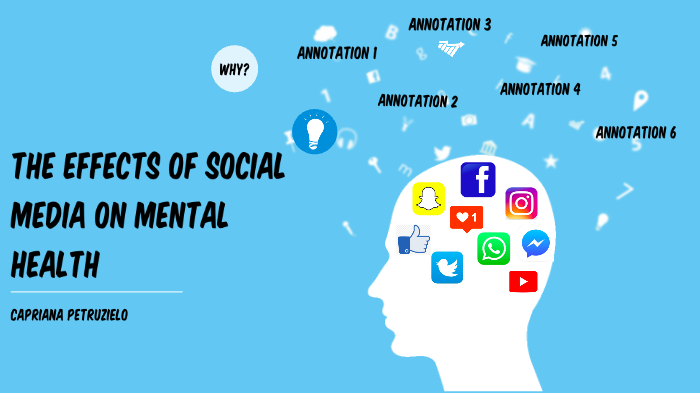The pervasive influence of social media in our lives has brought both benefits and challenges, particularly in terms of mental health. While social media platforms offer opportunities for connection, self-expression, and information sharing, they also pose risks to mental well-being. This article explores the impact of social media on mental health and provides strategies for achieving a healthy balance in our digital lives.

1. Comparison and Self-Esteem:
Social media often presents an idealized and curated version of people’s lives, leading to social comparison and a negative impact on self-esteem. Constant exposure to carefully curated highlight reels can lead to feelings of inadequacy and self-doubt. It is crucial to remember that social media is a constructed reality and not a comprehensive representation of someone’s life.
2. Fear of Missing Out (FOMO) and Anxiety:
The constant stream of updates on social media can create a fear of missing out (FOMO), leading to anxiety and a sense of being left out. The fear of not being present at every social event or missing out on exciting experiences can contribute to feelings of anxiety and a sense of disconnection. Recognizing that social media offers only a glimpse of others’ lives can help alleviate this anxiety.
3. Cyberbullying and Online Harassment:
Social media platforms can be breeding grounds for cyberbullying and online harassment, which can significantly impact mental health. Negative comments, hateful messages, and online conflicts can lead to increased stress, anxiety, and depression. It is important to prioritize digital well-being and create a safe online environment by blocking and reporting abusive behavior.
4. Sleep Disruption and Digital Detox:
Excessive use of social media, especially before bedtime, can disrupt sleep patterns and contribute to poor mental health. The constant exposure to stimulating content and the blue light emitted by screens can interfere with sleep quality. Establishing boundaries and practicing digital detox by limiting screen time before bed can promote better sleep and overall mental well-being.
5. Cultivating Positive Online Interactions:
Engaging in positive interactions and fostering meaningful connections on social media can have a positive impact on mental health. Participate in uplifting conversations, share inspiring content, and support others in their online journeys. Creating a supportive and empathetic digital community contributes to a healthier social media experience.
6. Mindful Social Media Use:
Practicing mindful social media use involves being aware of one’s emotions and reactions while engaging with online content. Take regular breaks from social media to check in with oneself and assess how it is impacting mental well-being. Use social media intentionally and selectively, focusing on content that adds value and promotes positivity.
7. Cultivating Offline Connections and Self-Care:
Balancing social media with real-life connections is essential for mental well-being. Prioritize offline interactions, spend quality time with loved ones, and engage in activities that promote self-care and personal growth. Setting aside dedicated time for hobbies, exercise, mindfulness, and self-reflection helps maintain a healthy balance between the online and offline worlds.
Conclusion:
While social media has undoubtedly transformed how we connect and share information, it is crucial to be mindful of its impact on mental health. By recognizing the potential negative effects of social media, implementing strategies for balance, and prioritizing self-care, we can navigate the digital landscape more consciously. Cultivating healthy online habits, practicing self-compassion, and fostering positive connections can help ensure that social media enhances rather than undermines our mental well-being.